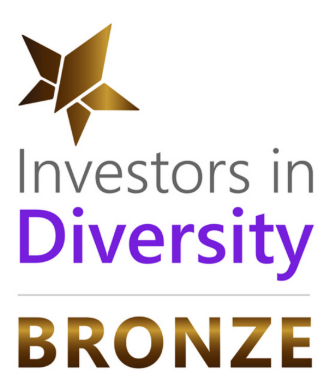ENIC-NARIC Joint Meeting, Stockholm
The Annual Joint Meeting of the ENIC and NARIC Networks took place in Stockholm as part of the Swedish Presidency of the European Union. Superbly organised by the Swedish Council for Higher Education (ENIC-NARIC Sweden), the ENIC Bureau and NARIC Advisory Board, the European Commission, the Council of Europe, UNESCO, the Network came together to share the latest insights and developments in the field of qualification recognition.
A new ENIC NARIC Bureau was elected, while former members including Angela Lambkin, QQI, standing down, were thanked for their contribution. The new President is Ms Chiara Finochietti, ENIC NARIC, Italy, supported by Mr. Dženan Omanović (Vice-President), ENIC Bosnia and Herzegovina, and Mr. Paul Norris (Vice-President), ENIC United Kingdom.
The work programme reflected a balance on capacity building, including in the context of a revised ENIC NARIC Charter, recognising the need for appropriate digital infrastructure to meet evolving qualification recognition practices, including consideration of automatic mutual recognition, and supporting multilateral cooperation through sharing qualification-recognition information on policies and practices.
Commitments to ‘learners first’, in a context of the anchoring power of democratic values in educational inclusion, accountability, transparency and trustworthiness were underlined by the Council of Europe in an address that called on ENIC NARICs to continue to engage with digital transformation so as to maintain a responsive educational system meeting the diversity of societal needs. Commission representatives drew attention to the opportunities within the European Year of Skills, and the potential behind both the Council Recommendation on Digital Skills and the ongoing work with the European Higher Education Area University Alliances exploring the European Degree Label. Our need to improve recognition of third country qualifications and skills is heightened in the context of the EU Talent Pool which seeks to address changing demographics and skills and labour market shortages and mismatches, which challenge our competitiveness.
Work across the Network remains ambitious and keenly aware of recurrent concerns such as fraud, optimising technology, collaborative practices and sharing resources, but also of the need to frame recognition ‘in the round’ of broad policy concerns and implications.


